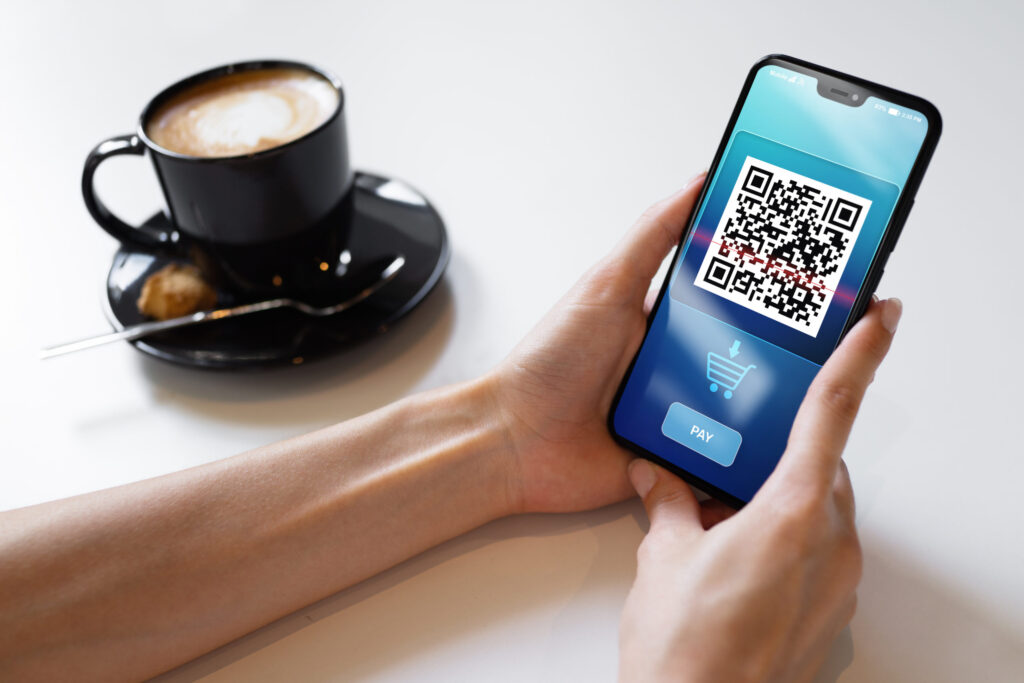
All About How Bitcoin Transactions Work
Learn all you need to know about bitcoin transactions, how they work, where bitcoin transactions are stored and how many confirmations a Bitcoin transaction needs.
Since the Bitcoin network was created in 2009, the cryptocurrency has taken the world by storm. Interest in Bitcoin is dramatically increasing, as are the number of people actively using it.
In many ways, Bitcoin is like gold. It isn’t arbitrarily created, but rather it is mined (albeit digitally). However, like gold, there is a finite and limited supply — a stipulation put forth by the founders of Bitcoin. There are twenty-one million Bitcoins to be mined. If you’re one of the many people wanting to get involved with Bitcoin mining and Bitcoin transactions, you’ll want to have a good base knowledge of what is involved, the process and what to expect. Below we’ll answer the most frequently asked questions regarding Bitcoin transactions, including:
- What is a Bitcoin transaction?
- How do Bitcoin transactions work?
- How many Bitcoin transactions are there per day?
- Where are Bitcoin transactions stored?
- Can you cancel a bitcoin transaction?
What Is a Bitcoin Transaction?
A Bitcoin transaction is essentially the transfer of a given Bitcoin value between two Bitcoin wallets. This transaction is broadcast to the Bitcoin network and then assembled into blocks on the Bitcoin blockchain.
Transactions are signed with a secret piece of data known as a private key or seed. This seed gives traceable proof of where they came from and who the owner of the wallet is. In many ways, a Bitcoin transaction works very much like a cheque. It specifies who has the Bitcoins and where the Bitcoins are going. Bitcoin is transferred peer-to-peer. There’s no need for a third-party. But when one person sends a Bitcoin to another user, the transaction needs to be verified by the entire Bitcoin network.
How Do Bitcoin Transactions Work?
Bitcoin transactions aren’t as clear cut as you might think. Your Bitcoin wallet and the Bitcoin network need to go through a series of steps to ensure the right amount of digital currency is sent to the recipient.
The first thing you should know is that all transactions are stored on the blockchain and are trackable. This traceability is crucial, given that Bitcoins don’t physically exist. The only thing that proves you own Bitcoins is the record of transactions between Wallets.
A Bitcoin transaction requires three pieces of information:
- The Input address — where you got your Bitcoins from originally
- A Bitcoin Amount
- Another Bitcoin address
Bitcoins will then be transferred from your wallet. All that is required to send Bitcoins is a Bitcoin address and a private key.
Once you hit “send”, it takes about ten minutes for the transaction to process, because miners have to verify the transaction. There are occasional “transaction fees”, but these are minimal.
Bitcoin Transaction Speeds
Bitcoin processes seven transactions per second, on average. Though this might sound fast, it is relatively slow when compared to Ripple and Ethereum. It’s also worth noting that Visa does around 24,000 transactions per second.
How Many Bitcoin Transactions Are There per Day?
It has been reported that Bitcoin now processes $2 billion worth of transactions every day. There is an increasing number of Bitcoin wallets and the number of daily transactions is steadily rising.
Are Bitcoin Transactions Traceable?
If anonymity is a priority for you, you’re most likely wondering — can Bitcoin transactions be traced? The fact is, Bitcoin works with a high degree of transparency. All Bitcoin transactions are traceable, public and permanently stored in the Bitcoin network. Anyone can see the transactions and balance of any Bitcoin address. As users need to reveal their identity to receive goods, Bitcoin addresses can never be entirely anonymous.
That being said, there are some ways to buy Bitcoin anonymously without verification, by purchasing offline with cash, but at Xcoins, we caution against this. Verification helps legitimate websites ensure criminals can’t attack your assets.
Where Are Bitcoin Transactions Stored?
Bitcoin is stored on a blockchain. Information such as your balance is stored on a particular block along with other details including creation time — this information can’t be altered. You can use certain websites to see the balance and transaction history of anyone, given you know their public key.
Can You Cancel a Bitcoin Transaction?
It can be easy to make a small mistake when sending Bitcoin — if this happens, you will want to cancel your Bitcoin transaction as soon as possible. Firstly, you need to check to see whether your Bitcoin transaction has had any confirmations. You can do this by entering your transaction ID into a block explorer. This will give you information about your purchase, including the number of confirmations. You can fix (or cancel) an unconfirmed transaction, but if the number of confirmations is greater than one, you won’t be able to cancel. Confirmed transactions are permanent and irreversible.


Great article! I learned so much from it. Your in-depth analysis and thoughtful insights were very helpful. I appreciate the effort you put into writing this and sharing it with us. Thank you for your hard work and dedication to providing valuable content.
Hi there! Just wanted to let you know how much I enjoyed reading this post. Your approach to the subject was unique and informative. It’s clear that you put a lot of effort into your writing. Keep up the great work, and I can’t wait to see what else you have in store.